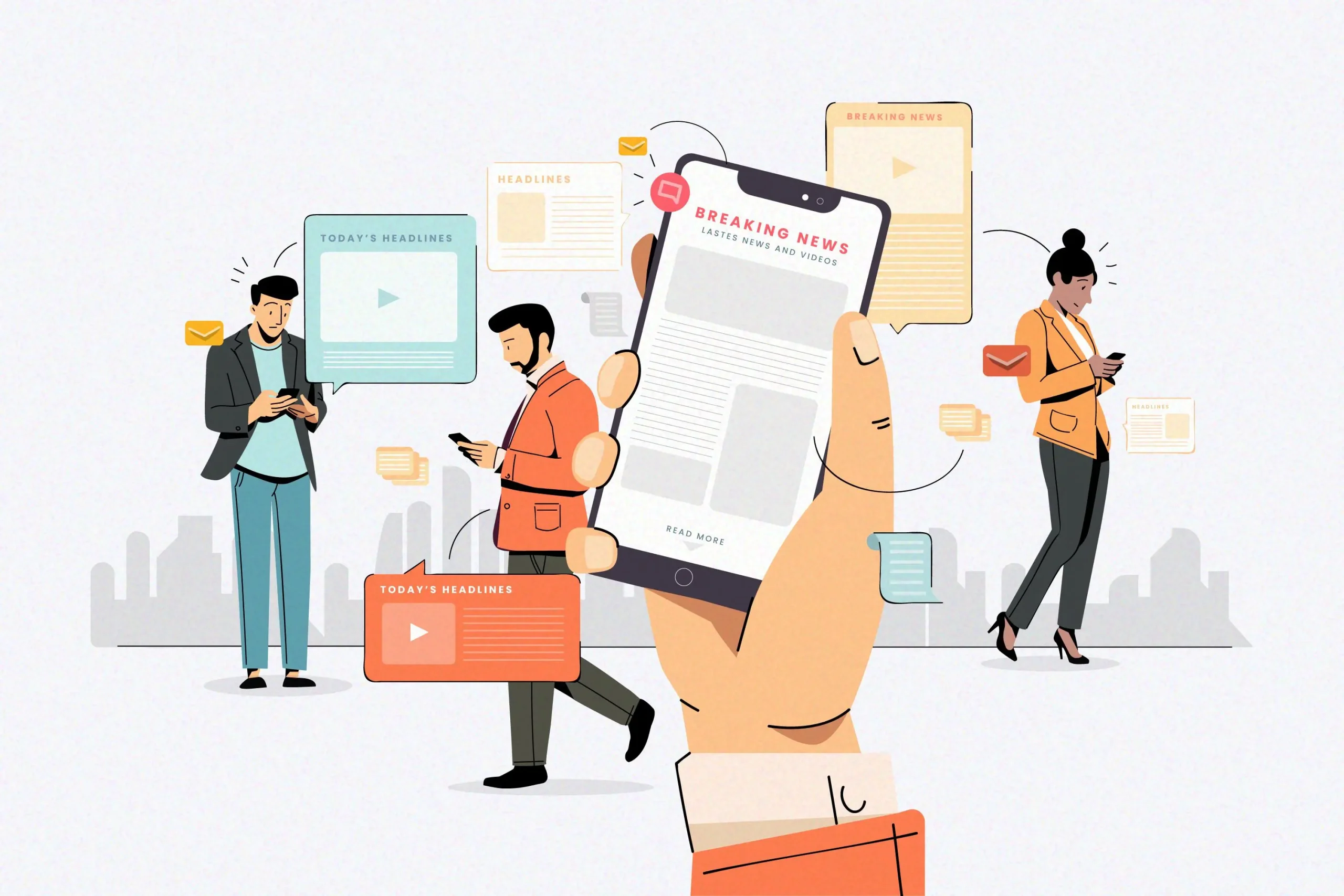The battle between two tech giants, Samsung and Apple, has been one of the most prominent rivalries in the consumer electronics industry. Both companies have fervent fan bases and offer a plethora of devices, from smartphones and tablets to laptops and wearables. While Samsung and Apple share similarities in terms of innovation and design, they also exhibit distinct pros and cons that set them apart. Let’s delve into a comprehensive comparison of these pros and cons to better understand the two tech giants.
Samsung: Pros and Cons
Pros:
- Diverse Product Range: Samsung boasts an extensive product portfolio, spanning across various price points, allowing consumers to choose from a wide range of options that suit their preferences and budgets.
- Customization: Samsung devices often offer greater customization options, allowing users to personalize their interfaces, themes, and app layouts, enhancing the user experience.
- Cutting-Edge Technology: Samsung frequently integrates innovative technologies into its devices, such as AMOLED displays, multiple camera setups, and fast charging capabilities, attracting tech enthusiasts.
- Expandable Storage: Many Samsung smartphones feature microSD card slots, enabling users to expand their storage capacities, which can be particularly advantageous for heavy media users.
- Versatile Features: Samsung’s devices often come with features like split-screen multitasking and stylus support (S Pen), catering to users seeking productivity and creativity enhancements.
Cons:
- Software Updates: Samsung devices are notorious for delayed software updates, leaving users waiting for the latest Android OS versions and security patches.
- Bloatware: Samsung tends to pre-install a significant amount of bloatware (unwanted apps) on their devices, which can clutter the user experience and consume storage space.
- Inconsistent User Experience: Due to the wide range of devices and custom UI (One UI) versions, users might experience inconsistencies in design and functionality across Samsung’s product lineup.
Apple: Pros and Cons
Pros:
- Ecosystem Integration: Apple excels at creating a seamless ecosystem where its devices (iPhone, iPad, Mac, Apple Watch, etc.) work harmoniously together, allowing for effortless data sharing and synchronization.
- Timely Software Updates: Apple consistently delivers timely software updates to its devices, ensuring users have access to the latest features, security patches, and performance improvements.
- Optimized Software-Hardware Pairing: As Apple controls both the software (iOS) and hardware (A-series chips) development, its devices offer remarkable performance optimization, resulting in smooth user experiences.
- App Store Quality Control: Apple’s strict app review process ensures a higher level of app quality and security on its platform compared to some Android app stores.
- Privacy Focus: Apple places a strong emphasis on user privacy, implementing features like App Tracking Transparency and end-to-end encryption, appealing to users concerned about data security.
Cons:
- Limited Customization: Apple devices offer limited customization compared to Android, as users have less control over home screen layouts, widgets, and default app choices.
- Higher Price Points: Apple products are generally more expensive than their Samsung counterparts, which could deter budget-conscious consumers.
- Closed Ecosystem: While ecosystem integration is a pro, it can also be a con for users who wish to use non-Apple devices or software services outside the Apple ecosystem.
- Dependence on iTunes: Historically, Apple’s heavy reliance on iTunes for media management created inconvenience for users, though recent changes have mitigated this issue.
In conclusion, the Samsung vs. Apple rivalry offers consumers a diverse range of choices, each with its own set of advantages and drawbacks. Samsung appeals to those seeking customization, versatility, and a wider range of products. On the other hand, Apple focuses on seamless integration, optimized performance, and privacy protection within its ecosystem. The decision between the two largely depends on individual preferences, whether it’s the desire for a highly customizable experience or the allure of a tightly-knit ecosystem. Regardless of the choice, both companies continue to push technological boundaries, driving innovation in the competitive world of consumer electronics.

